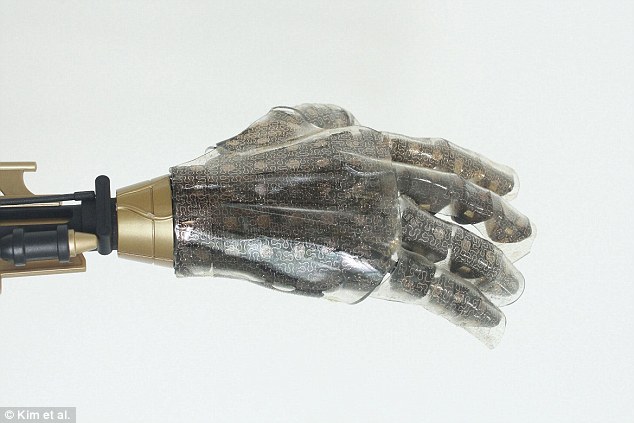Microsoft to replace Internet Explorer with new, streamlined browser
Microsoft is developing a new, streamlined web browser that will replace Internet Explorer, according to reports, in an apparent attempt to move towards other popular browsers like Chrome and Firefox. The new app could also help Microsoft distance itself from users’ bad memories of old versions of IE. In the past the company has considered changing the name to separate the current browser from “negative perceptions that no long reflect reality”, according to developers. The browser, codenamed Spartan, is set to be shown off on January 21st when Microsoft demonstrates its new Windows 10 operating system, according to people close to the company. But it might not be ready for release when the early version of the software launches the same month.




